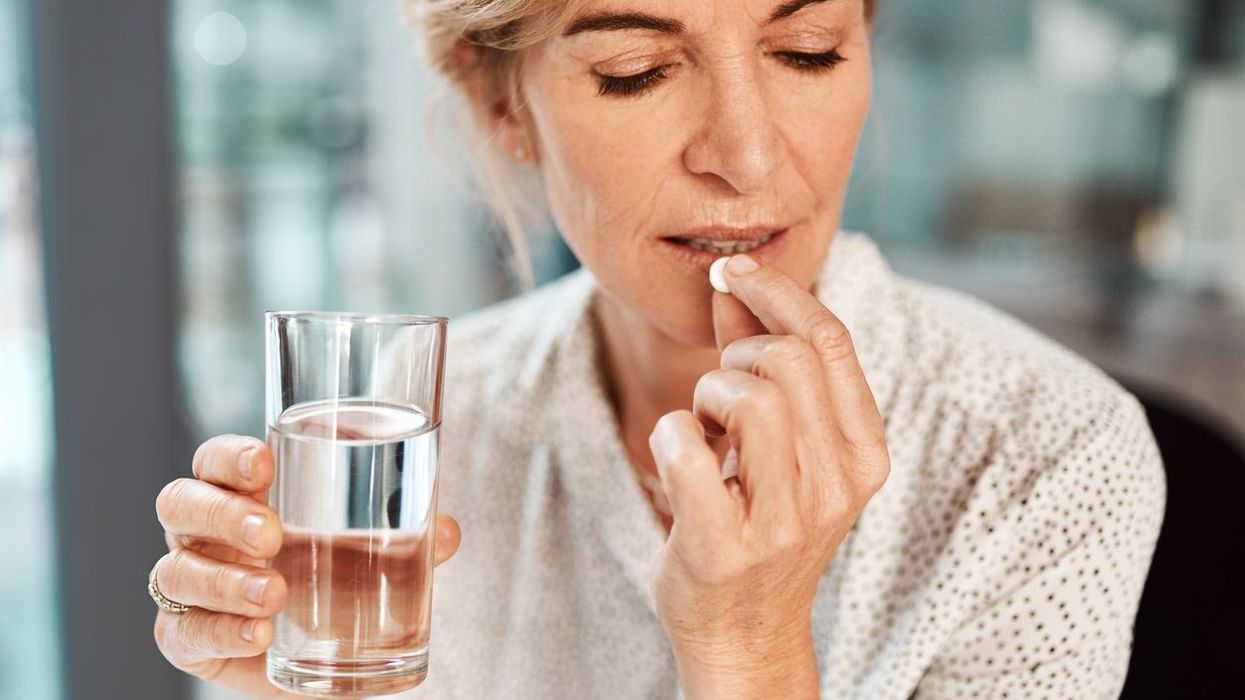In a nationwide study conducted in Denmark, researchers said on Wednesday (28) that the use of hormone replacement therapy (HRT) to alleviate menopause symptoms, even for short durations, was linked to a higher risk of dementia.
However, the cognitive declines observed may not be directly attributed to the HRT treatment, as per the study published in The BMJ.
This finding contradicts previous studies suggesting that HRT could potentially safeguard against cognitive decline if initiated around the onset of menopause.
The research was complex due to the inability to differentiate between the reasons behind prescribing HRT, such as addressing sleep disturbances, mood swings, and memory issues, and the early signs of dementia.
Therefore, some of the women receiving HRT in the study may have exhibited symptoms that prompted therapy but actually indicated early neurological changes.
Dr Sarah-Naomi James of the MRC Unit for Lifelong Health and Ageing at University College London, who was not involved in the Danish research, said the study "has fundamental limitations" in its ability to interpret the link between HRT and dementia, given the similarities between reasons for prescribing HRT and early symptoms of dementia.
"This new study alone should not change practice," James said in a statement.
Starting in 2000, researchers tracked more than 60,000 Danish women, including 5,589 who developed dementia.
Overall, nearly 18,000 had received HRT with a combination of estrogen and progestin, with half starting treatment before age 53 and half stopping within four years. Roughly 90% used oral medications.
Compared with women who never used HRT, those who did had a 24% higher risk of an eventual dementia diagnosis.
The risk increased with duration of treatment, reaching 74% for more than 12 years of HRT.
HRT was widely prescribed before 2003, when a large randomized trial found the estrogen/progestin combination was linked with a two-fold increase in dementia risk among women older than 65.
Subsequent studies showed no increased dementia risk when HRT was started at ages 50-55, or shortly after menopause.
In the Danish study, however, the link between HRT use and dementia persisted regardless of whether treatment started before or after age 55.
The authors of an editorial published with the report noted the study's limitations, writing, "The observed associations could be artefactual and should not be used to infer a causal relationship between hormone therapy and dementia risk" or to help doctors and patients make decisions about using HRT.
Study leader Dr Amani Meaidi of the Danish Cancer Society Research Center in Copenhagen said while the study cannot prove HRT contributes to dementia, causality "is biologically plausible," and further research is needed.
In the meantime, due to well-known adverse effects of HRT, including increased risks of cancer and blood clots, experts in Denmark advise women with menopausal symptoms to first try lifestyle interventions such as exercise, minimising alcohol and caffeine use, not smoking, and maintaining a healthy weight, Meaidi said.
If lifestyle changes do not help and there are no medical reasons to avoid HRT, doctors are advised to prescribe hormone therapy with the shortest duration and the smallest dose possible, she said.
The North American Menopause Society advises: "For women aged younger than 60 years or who are within 10 years of menopause onset and have no contraindications, the benefit–risk ratio is favourable for treatment of bothersome vasomotor symptoms and prevention of bone loss."
(Reuters)




